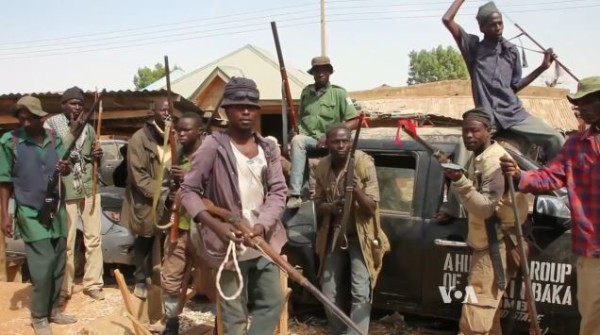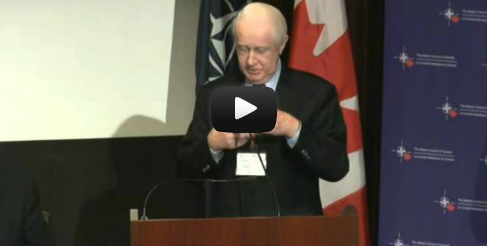Where It All Began
On December 11, 2002, the United Nations adopted resolution 57/129, which marked May 29 of each year as International Day of United Nations Peacekeepers. May 29 is an important date for UN peacekeepers. It was on this date in 1948 that the United Nations Security Council (UNSC) adopted Resolution 50, which established the United Nation’s first peacekeeping mission. While UN peacekeeping missions were initially observational, peacekeepers today play a vital role in areas such as human rights, institution building and disarmament.
Female peacekeepers in particular, contribute to human rights protection and security in important ways. In societies dominated by males, the presence of female peacekeepers can empower local women and girls. Female peacekeepers also have access to spaces and information their male counterparts do not. In some societies where peacekeeping missions are deployed, cultural and social norms prevent women from conversing with men. In these situations, female peacekeepers can access the stories and experiences of local women that male peacekeepers cannot. Moreover, women who have experienced gender-based violence may feel more comfortable opening up to female peacekeepers.
A Long Way To Go
Despite the need for female peacekeepers in the field, only 1% of peacekeepers in 1993 were female. Since then, the number of females serving as peacekeepers has shown little change. In 2014, only 10% of police and 3% of military personnel deployed in peacekeeping missions were women. Only 2% of peacekeepers deployed in the largest peacekeeping mission in the Congo were women. For the most part, female peacekeepers in the Congo are placed in lower tier positions in areas such as communications and logistics. In December 2011, females led 6 out of 28 peacekeeping missions. This number dropped in 2013, where women led only 4 out of 27 peacekeeping missions.
The United Nations has made efforts to encourage increasing the role of women in peacekeeping operations. This includes projects such as the UN Departments of Field Support, Peacekeeping Operations and Political Affair’s “Bridging the Civilian Gap in Peace Operation.” The United Nations has also passed resolutions to encourage greater female participation in peacekeeping operations. The UNSC Resolution 1325 highlighted the key role women play in resolving and preventing conflicts, and emphasized the importance of integrating a gendered perspective in peace and security initiatives.
Part Two will examine the impact of UNSC Resolution 1325 and the “Bridging the Civilian Gap in Peace Operation” project, as well as provide an analysis of the United Nations Stabilization Mission in the Democratic Republic of the Congo (MONUSCO) and United Nations Stabilization Mission in Haiti (MINUSTAH).





